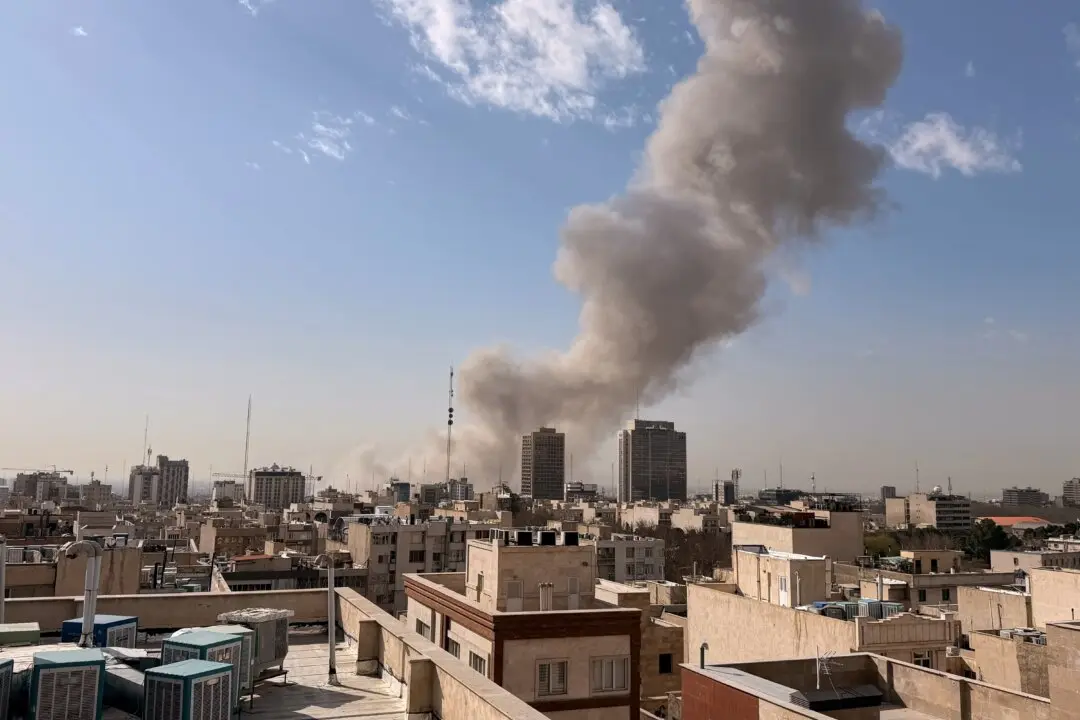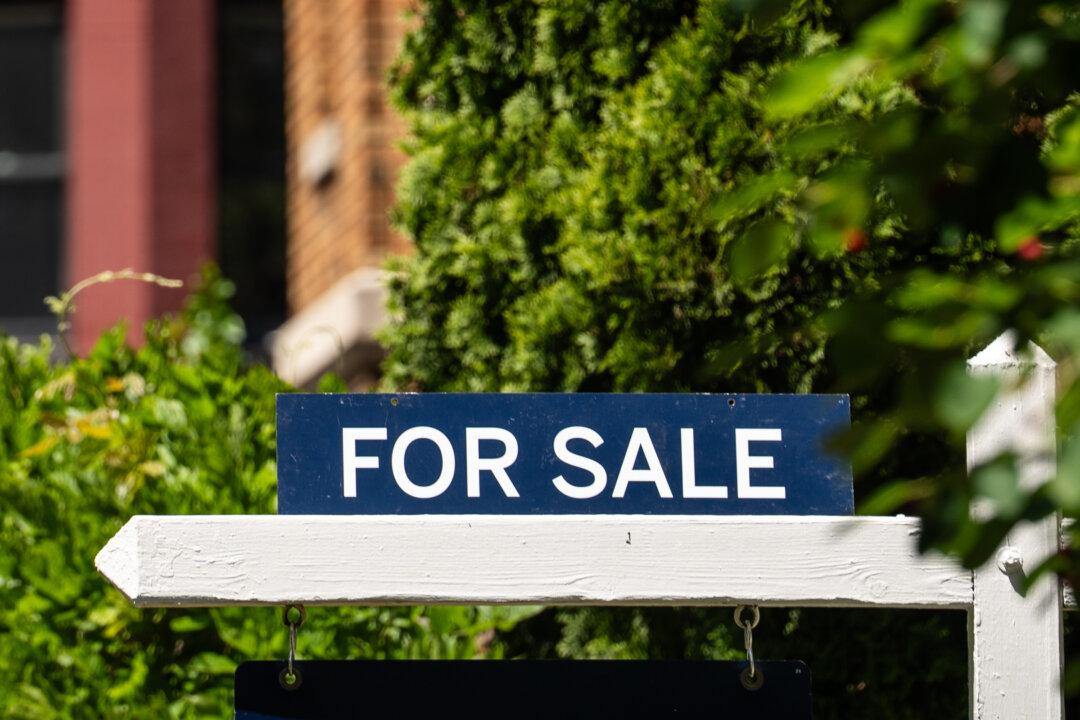A second police officer has died by suicide after responding to the violence at the U.S. Capitol on Jan. 6, Acting D.C. Police Chief Robert J. Contee told members of Congress.
During his Tuesday hearing before the House Appropriations Committee, Contee revealed in his testimony (pdf) that Jeffrey Smith, who had served the Metro Police Department (MPD) for about 12 years, took his own life in the aftermath of the incident.





